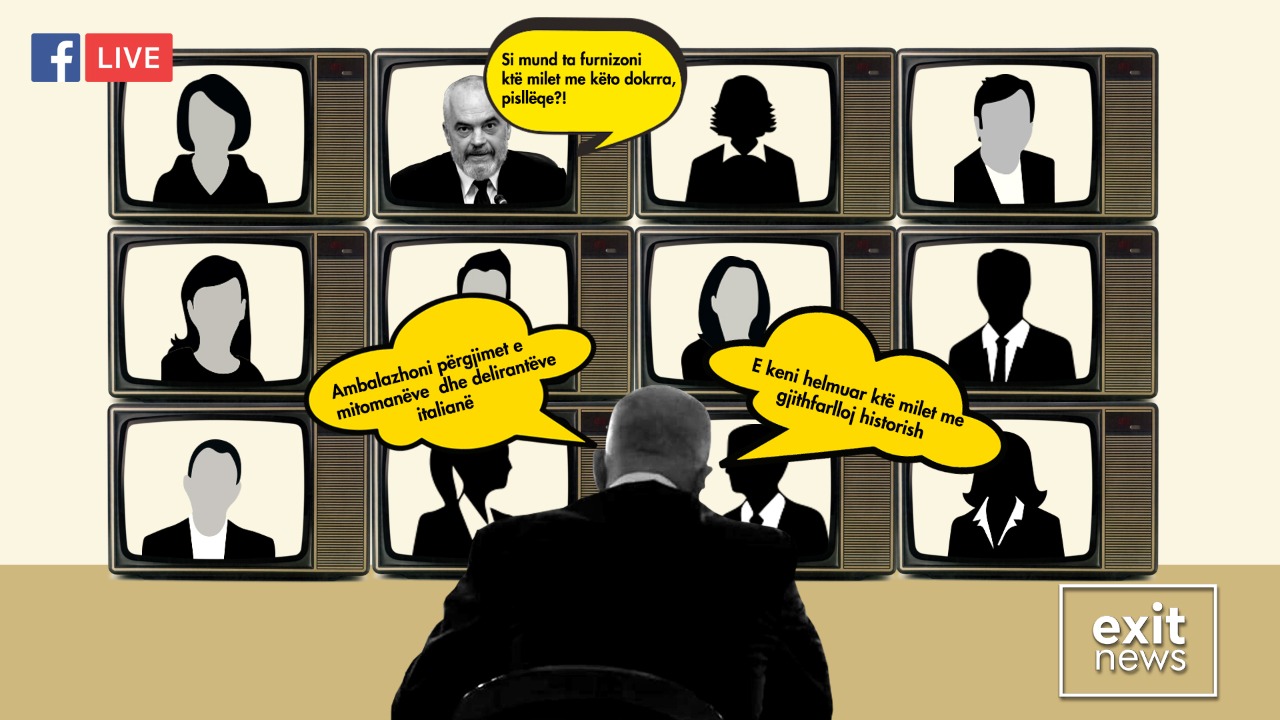
Defamation should be removed from all OSCE member states criminal law statutes to prevent legal instruments from being used to harass, intimidate, and silence journalists, according to an OSCE special report on ‘Legal Harassment and Abuse of the Judicial System Against the Media.’
The report states that “authorities could move defamation from criminal law to their administrative law statutes, provided that the relevant provisions have a much less punitive effect, and they exclude any form of detention.”
Public law provisions on defamation have a “chilling effect” on the right of the media to freely publish news and the right of the public to receive information and ideas. The OSCE recommends that all OSCE participating states refrains from charging journalists and other media workers on counts of defamation.
They noted that the European Court of Human Rights has stated on numerous occasions that the limits of acceptable criticism are more comprehensive concerning a politician than a private individual. “In a democratic society, the government’s actions must be subject to the scrutiny not only of the legislative authorities but also of the press and public opinion.”
Furthermore, the OSCE asks that states recognise defamation as a civil wrong that private law should deal with. Any penalties should be proportionate to prevent a possible chilling effect on journalists and media workers by threatening their economic existence.
In Albania, defamation is a criminal offence. Instead of taking steps to decriminalise it, the government has increasingly sought to increase legislation for defamation by means of the Anti-Defamation Package. This legislation, which is still pending on the agenda of Parliament and could be passed at any moment, would bring all online media under state supervision.
A government-appointed body would hand down ex-judicial fines and orders to retract, apologise, or remove content, without a court order. Appeals would only be able to be filed after penalties, including significant fines, are settled.
In 2018-2020, the Socialist Party government, including Prime Minister Edi Rama filed more than 35 lawsuits against members of the public, activists, and other politicians.

